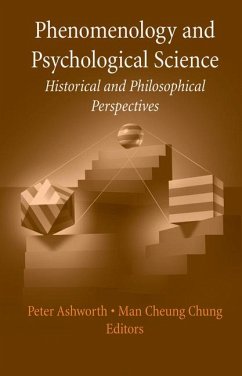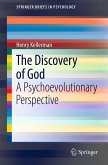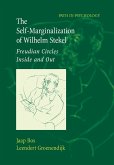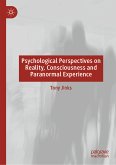Ashworth and Chung's Phenomenology and Psychological Science places phenomenology firmly in the context of psychological tradition. And to dispel the basic misconceptions surrounding this field, the editors and their seven collaborators trace the evolution of phenomenological philosophy (including the work of Sartre and Heidegger) and its parallel impact on psychological science, revealing key points of compatibility:
- The phenomenological roots of mainstream psychology
- Controversies within phenomenology on the nature of consciousness
- Existentialist currents in contemporary psychology
- The value of qualitative methods in science-based practice
- Applications of phenomenology in case conceptualization and therapy
- Possibilities for qualitative-based research
The unique presentation of its subject makes this volume a source of considerable interest for readers involved in theoretical and historical psychology. It will also prove to be important reading for the professional or advanced student concerned with the search for meaning that unites philosophy and psychology.
Dieser Download kann aus rechtlichen Gründen nur mit Rechnungsadresse in A, B, BG, CY, CZ, D, DK, EW, E, FIN, F, GR, HR, H, IRL, I, LT, L, LR, M, NL, PL, P, R, S, SLO, SK ausgeliefert werden.









